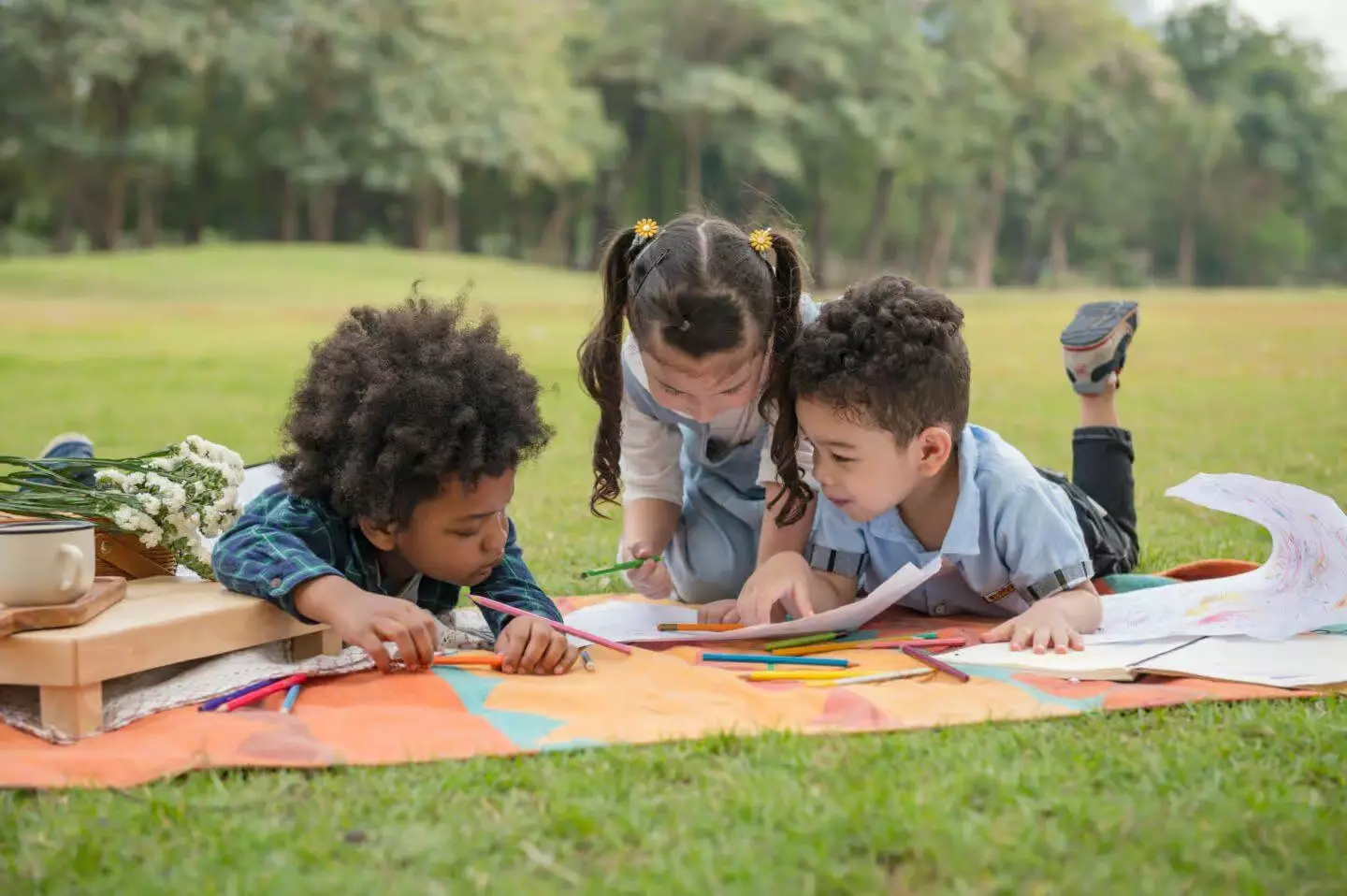Navigating the intricate web of childhood friendships can often feel like a daunting task, both for parents and their little ones. As children evolve and explore their social abilities, they will inevitably face challenges, such as sharing and cohesion with their peers. These ups and downs are not just common; they are essential components of emotional growth. A supportive parent can be the key influencer in helping kids learn to navigate these challenges effectively, transforming minor conflicts into valuable life lessons that shape their social competence.
It’s clear that establishing connections with others is a fundamental human experience, and this begins early in life. The art of forming friendships not only serves an emotional purpose but also aids in the development of empathy, cooperation, and communication skills that will remain invaluable throughout adulthood.
Mastering the Skills of Sharing and Compromise
One of the cornerstone skills in building friendships is the ability to share and compromise. Parents play a pivotal role in teaching these essential lessons. Begin by incorporating these practices into daily family activities—use games and playtime as a breeding ground for flexible thinking. For instance, while playing, parents can voice their wants, such as, “I’d like to use the red block today,” and then switch roles by asking their child to demonstrate similar flexibility.
These interactions serve not just as practice but as real-time examples that kids can model their behaviors upon. If a conflict arises over a toy, rather than stepping in to resolve it immediately, parents can facilitate a discussion, guiding kids towards making a reasonable compromise. “How about we play with the toy for five minutes each?” might pave the way for both parties to feel heard and valued.
Understanding Emotions in Play
Children frequently find themselves in emotionally charged situations. They can experience immense frustration when things don’t unfold as expected. As adults, we recognize that life is rarely predictable, but children are still learning how to navigate these emotional landscapes. Validating a child’s feelings when things go awry is crucial. When they express dissatisfaction, instead of dismissing their feelings, take the time to acknowledge them: “I see that you’re upset because your friend took the toy you wanted. That’s understandable.”
From here, guide them toward constructive solutions. Encourage them to think about alternatives or to take a brief break if they feel overwhelmed. Equipping children with emotional vocabulary and problem-solving skills will not only help them manage their current feelings but will also give them tools for life.
Creating the Ideal Playdate Environment
Preparation plays a significant role in ensuring that playdates go smoothly. Timing is everything; scheduling these gatherings during calm periods—avoiding overlaps with naptimes or meal times—can make a world of difference. A tired or hungry child is far less likely to navigate the complexities of friendship successfully.
Choosing a neutral location for playdates, such as a park or community center, can remove the pressure of ownership that sometimes makes children hesitant to share their toys. Additionally, setting clear expectations about sharing protocols ahead of time can alleviate potential conflicts. Parents can curate toy options that are suitable for sharing while placing particularly treasured items out of reach to avoid disputes.
Structured Activities: A Gateway to Engagement
For some children, the chaos of unfettered play can be overwhelming. Introduce structured activities during playdates to provide a framework that encourages participation and minimizes anxiety. Whether it’s a scavenger hunt or a simple group game, structured activities can bolster social interactions and ensure everyone feels included. Planning these engaging events can foster a sense of belonging and readiness to engage with peers rather than standing on the sidelines.
Moreover, parents must take proactive measures to instill communication skills within their children. Teaching them how to articulate dislikes or preferences in a kind manner—“I don’t feel comfortable with that; could we try something else?”—is instrumental for establishing healthy boundaries in any relationship.
The Journey of Friendship: A Lifelong Adventure
Friendship is not only a joyous part of childhood; it is a vital teacher of a multitude of life skills. The challenges children face in sharing and navigating social dynamics are opportunities for growth, guiding them toward empathy and kindness. Parents have the incredible chance to steer their little ones through these formative experiences, providing them with the essential tools for successful interpersonal connections.
As children express themselves and learn to share, bound by the magic of play and friendship, they are laying the groundwork for emotional intelligence that will benefit them well into adulthood. In the rich landscape of friendship, every experience—both good and bad—becomes a stepping stone towards understanding, empathy, and the joys of human connection.

